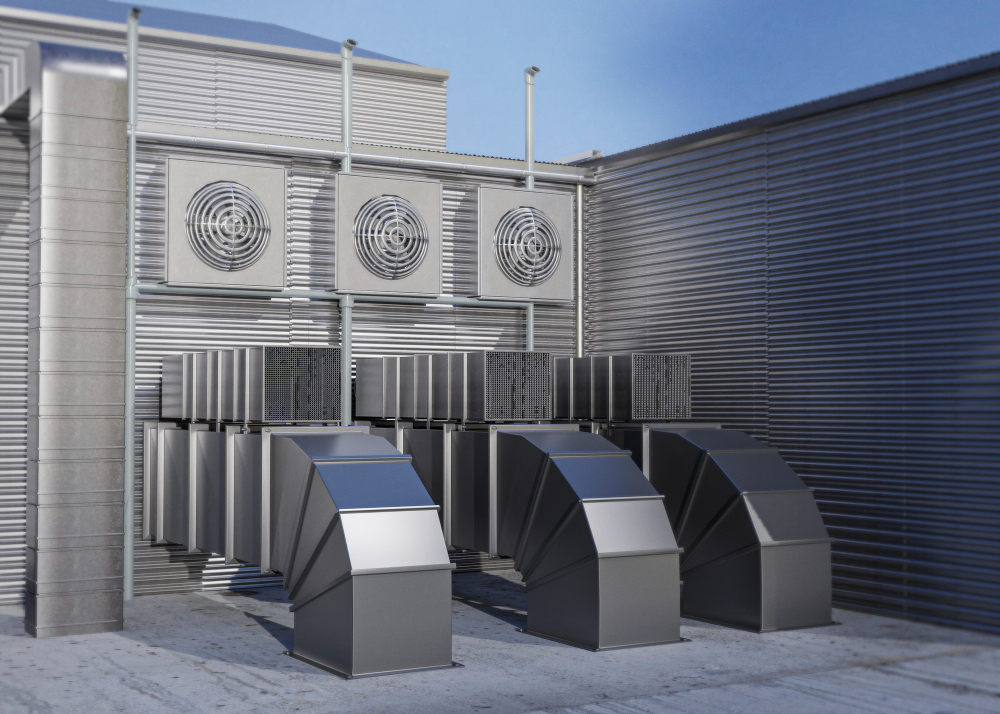Vet First Mechanical
High Purity Systems
VET FIRST PROVIDES
High Purity Systems Services
High purity systems are specialized engineering and construction systems designed to maintain, monitor, and control the purity of fluids, gases, or materials at exceptionally high levels. The core objective of these systems is to prevent contamination, even at trace or molecular levels, which could compromise product quality, safety, or process integrity.
Here’s a breakdown of key aspects:
-
Stringent Purity Requirements: The defining characteristic of high purity systems is the demand for extremely low levels of contaminants. This can range from parts per million (ppm) down to parts per billion (ppb) or even parts per trillion (ppt), depending on the industry and application.
-
Specialized Materials: To achieve and maintain such high purity, these systems utilize materials specifically chosen for their non-reactivity, low extractables (meaning they won’t leach impurities into the fluid/gas), and smooth internal surfaces to prevent particle accumulation and microbial growth. Common materials include:
-
Stainless Steel (e.g., 316L): Often electropolished for a smooth, corrosion-resistant surface.
-
High-Purity Thermoplastics (e.g., PVDF, PFA, PP, PE): Chosen for their chemical resistance and inertness.
-
-
Controlled Manufacturing and Installation: The fabrication and installation of high purity systems require meticulous attention to detail and often take place in controlled environments, such as cleanrooms. Techniques like orbital welding (which creates smooth, full-penetration welds to eliminate crevices where contaminants could hide) are crucial.
-
Advanced Filtration and Purification: High purity systems incorporate multi-stage filtration and purification technologies to remove impurities. Examples include:
-
Reverse Osmosis (RO): To remove dissolved solids.
-
Deionization (DI): To remove ions.
-
Ultrapure Water (UPW) Systems: For the highest level of water purity.
-
Specialized Gas Filters: For removing particulates and molecular contaminants from gases.
-
-
Rigorous Testing and Validation: After installation, these systems undergo extensive testing to verify purity levels, leak integrity, and overall performance. This often involves highly sensitive analytical methods. In industries like pharmaceuticals, systems must also meet stringent regulatory validation requirements (e.g., FDA).
Industries that rely heavily on high purity systems:
-
Semiconductor Manufacturing: Any contamination, even at the atomic level, can destroy microelectronic components. Ultra-high purity water (UPW) and gases are essential.
-
Pharmaceutical and Biotechnology: Critical for producing sterile drugs, vaccines, and biologics where even minute impurities can be detrimental to patient safety and product efficacy. Water for Injection (WFI) and pure steam systems are common.
-
Laboratories and Research Facilities: For experiments and analyses that require highly pure reagents and controlled environments.
-
Aerospace and Defense: For specialized applications requiring contamination control, such as in propulsion systems or sensitive instrumentation.
-
Chemical Processing: When handling aggressive chemicals where both purity and chemical resistance are paramount.
In summary, high purity systems are critical infrastructure in industries where the integrity and cleanliness of materials are paramount to product quality, process efficiency, and safety.

talk to us
Connect with

Vet First Mechanical
(206) 547-3453

let’s get connected
Have a Question?
Lorem ipsum dolor sit amet, consectetur adipiscing elit. Maecenas sit amet sapien ante. Donec sollicitudin libero bibendum risus venenatis imperdiet.